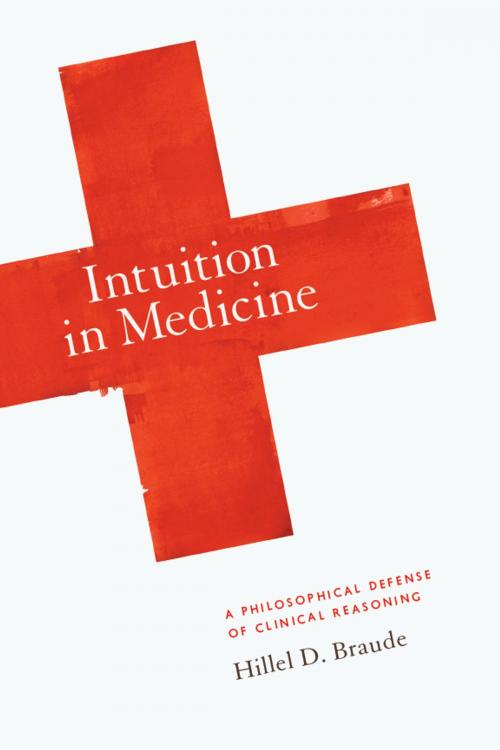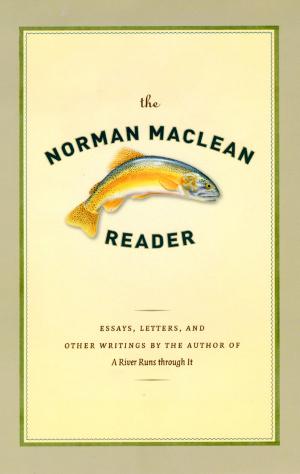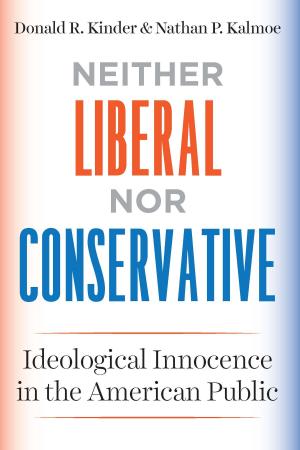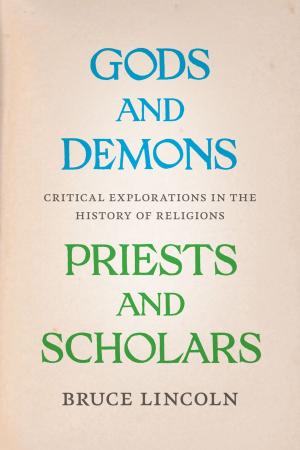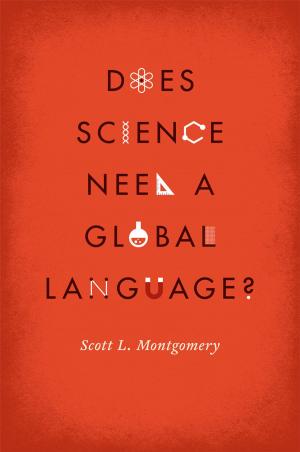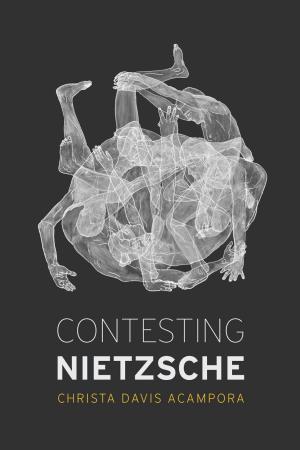Intuition in Medicine
A Philosophical Defense of Clinical Reasoning
Nonfiction, Health & Well Being, Medical, Reference, Ethics, Religion & Spirituality, Philosophy, Ethics & Moral Philosophy| Author: | Hillel D. Braude | ISBN: | 9780226071688 |
| Publisher: | University of Chicago Press | Publication: | April 9, 2012 |
| Imprint: | University of Chicago Press | Language: | English |
| Author: | Hillel D. Braude |
| ISBN: | 9780226071688 |
| Publisher: | University of Chicago Press |
| Publication: | April 9, 2012 |
| Imprint: | University of Chicago Press |
| Language: | English |
Intuition is central to discussions about the nature of scientific and philosophical reasoning and what it means to be human. In this bold and timely book, Hillel D. Braude marshals his dual training as a physician and philosopher to examine the place of intuition in medicine.
Rather than defining and using a single concept of intuition—philosophical, practical, or neuroscientific—Braude here examines intuition as it occurs at different levels and in different contexts of clinical reasoning. He argues that not only does intuition provide the bridge between medical reasoning and moral reasoning, but that it also links the epistemological, ontological, and ethical foundations of clinical decision making. In presenting his case, Braude takes readers on a journey through Aristotle’s Ethics—highlighting the significance of practical reasoning in relation to theoretical reasoning and the potential bridge between them—then through current debates between regulators and clinicians on evidence-based medicine, and finally applies the philosophical perspectives of Reichenbach, Popper, and Peirce to analyze the intuitive support for clinical equipoise, a key concept in research ethics. Through his phenomenological study of intuition Braude aims to demonstrate that ethical responsibility for the other lies at the heart of clinical judgment.
Braude’s original approach advances medical ethics by using philosophical rigor and history to analyze the tacit underpinnings of clinical reasoning and to introduce clear conceptual distinctions that simultaneously affirm and exacerbate the tension between ethical theory and practice. His study will be welcomed not only by philosophers but also by clinicians eager to justify how they use moral intuitions, and anyone interested in medical decision making.
Intuition is central to discussions about the nature of scientific and philosophical reasoning and what it means to be human. In this bold and timely book, Hillel D. Braude marshals his dual training as a physician and philosopher to examine the place of intuition in medicine.
Rather than defining and using a single concept of intuition—philosophical, practical, or neuroscientific—Braude here examines intuition as it occurs at different levels and in different contexts of clinical reasoning. He argues that not only does intuition provide the bridge between medical reasoning and moral reasoning, but that it also links the epistemological, ontological, and ethical foundations of clinical decision making. In presenting his case, Braude takes readers on a journey through Aristotle’s Ethics—highlighting the significance of practical reasoning in relation to theoretical reasoning and the potential bridge between them—then through current debates between regulators and clinicians on evidence-based medicine, and finally applies the philosophical perspectives of Reichenbach, Popper, and Peirce to analyze the intuitive support for clinical equipoise, a key concept in research ethics. Through his phenomenological study of intuition Braude aims to demonstrate that ethical responsibility for the other lies at the heart of clinical judgment.
Braude’s original approach advances medical ethics by using philosophical rigor and history to analyze the tacit underpinnings of clinical reasoning and to introduce clear conceptual distinctions that simultaneously affirm and exacerbate the tension between ethical theory and practice. His study will be welcomed not only by philosophers but also by clinicians eager to justify how they use moral intuitions, and anyone interested in medical decision making.
